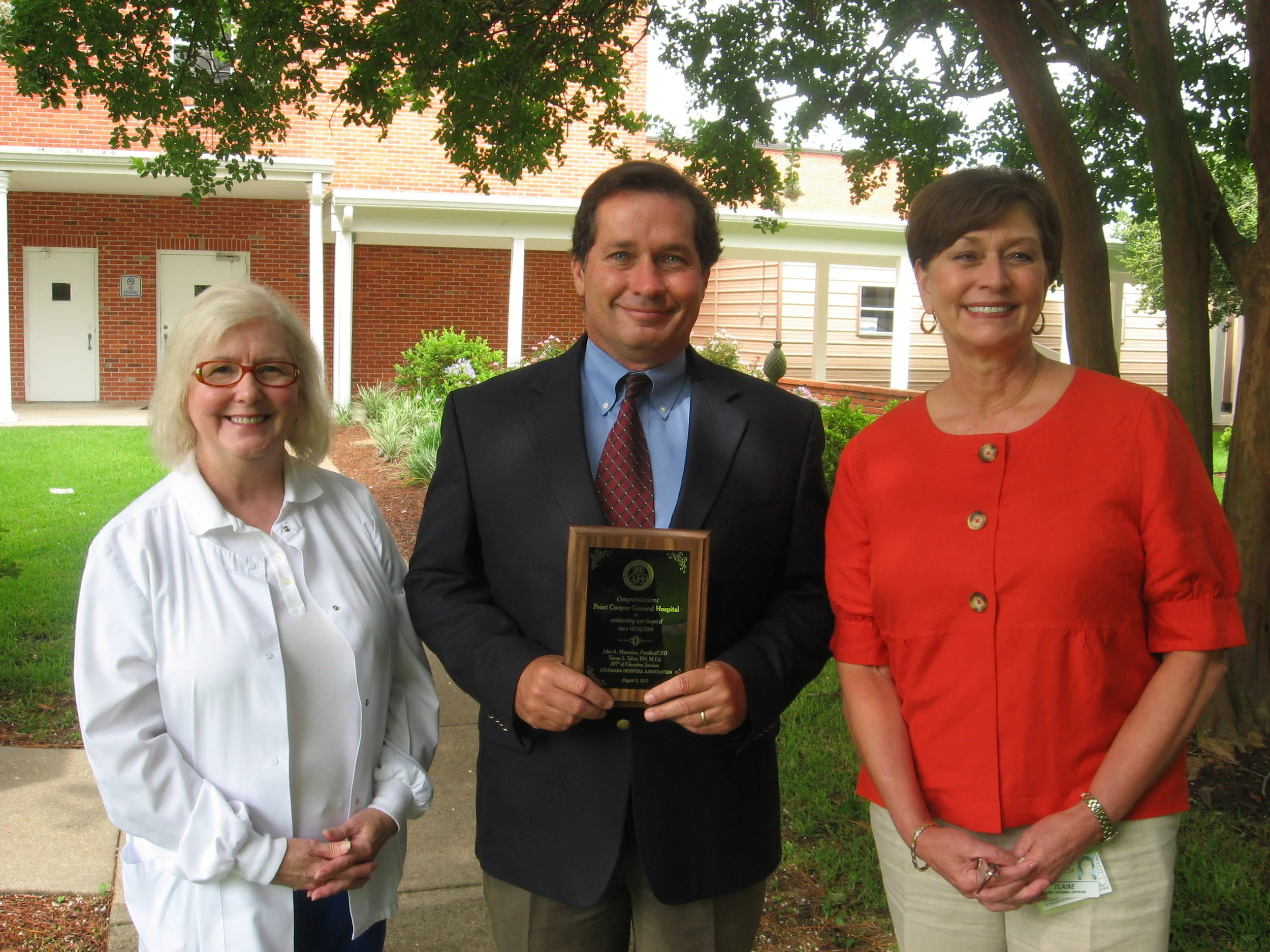From the Desk of Chad Olinde
Chad E. Olinde, CPA, Administrator
Every September, the nation joins together to celebrate National Recovery Month. The 2013 Recovery Month theme, “Join the Voices for Recovery: Together on Pathways to Wellness,” represents the many ways that people can prevent behavioral health issues, seek treatment, and sustain recovery as part of a commitment to living a mentally, physically, emotionally, and spiritually healthy life. The theme highlights that people are not alone on this journey to seek total health every day. Family, friends, and community members can support individuals throughout the entire recovery process. The theme also emphasizes that there are many paths to wellness, including professional treatment, medical care, self-help, and group support, and each person embarks on his or her own unique path.
Mental health plays an important role in your overall well-being. Approximately one in five Americans will have a mental health problem in any given year, yet only a little over one in three people with a mental health problem will receive mental health services. Half of adult mental health problems begin before age 14, and three-quarters begin before age 24. Approximately 50 percent of students age 14 and older with a mental illness drop out of high school. This is the highest dropout rate of any disability group. Misconceptions, fears of social consequences, discomfort associated with talking about these issues with others, and stigma tends to keep people silent. But studies show that most people with mental problems get better, and many recover completely.
Providing for and supporting good mental health is a public health issue just like assuring the quality of drinking water or preventing and managing infectious diseases. Communities prosper when the mental health needs of community members are met. Unaddressed mental health issues can have a negative influence on homelessness, poverty, employment, safety, and the local economy. Mental health issues in our communities—particularly for our youth—are complex and challenging; but, by coming together and increasing our understanding and raising awareness, we can make a difference.
For local resources on treatment and recovery support services, see Pointe Coupee Human Services Center. Additional resources are available at Baton Rouge’s Capital Area Human Services.










